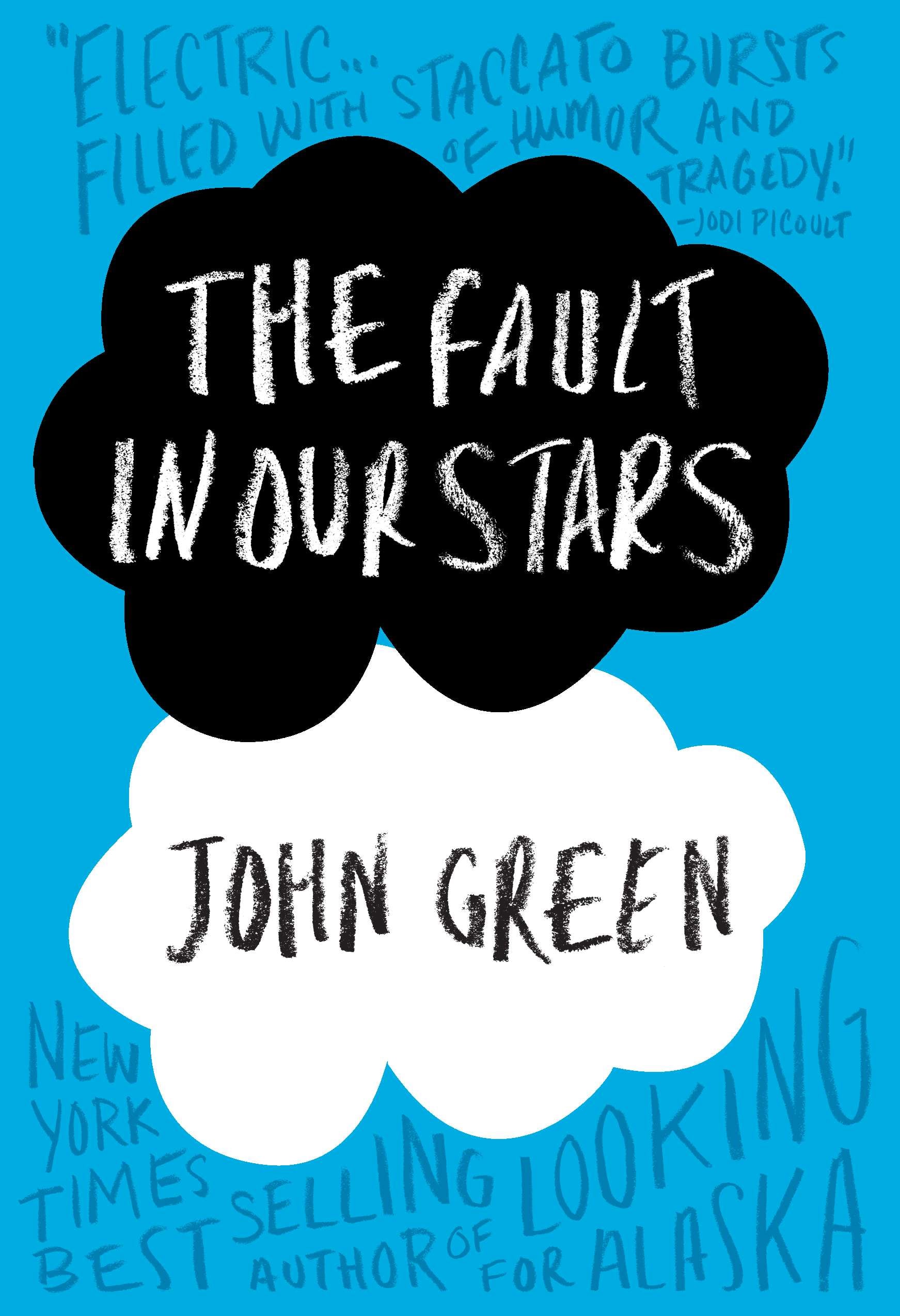Chapter 3: Hazel’s Struggle for Balance Between Normalcy and Illness
byHazel begins her day lost in the gripping narrative of The Price of Dawn, a novel chronicling the harrowing exploits of Staff Sergeant Max Mayhem, who navigates life-or-death situations with unrelenting determination. This fictional world of high-stakes action becomes Hazel’s temporary escape from her own reality, a stark contrast to Hazel’s Struggle with the battles she faces daily. Her immersion is interrupted the next morning by her mother’s enthusiastic announcement of her thirty-third half-birthday, a milestone Hazel finds both amusing and unnecessary. Her mother’s joy underscores her deep desire to celebrate even the smallest moments, a reflection of the love and resilience her family maintains in the face of Hazel’s illness. Despite Hazel’s protests and insistence that rest is crucial for managing her health, her mother encourages her to stick to a semblance of routine by attending class.
Later, Hazel reluctantly heads to her American Literature lecture, which centers on Frederick Douglass. The lecture feels heavy, not just due to the content, but because Hazel struggles to stay alert, her fatigue a constant reminder of her physical limitations. Afterward, she sets out to meet Kaitlyn at the mall, a plan she hopes will inject some normalcy into her day. Kaitlyn, Hazel’s lively and socially adept friend, approaches the meeting with her characteristic energy and meticulous planning. Their conversation swings between Kaitlyn’s dating life, filled with typical teenage drama, and Hazel’s own health updates, which seem to weigh heavily on the lighter tone Kaitlyn tries to maintain.
As they wander through the mall, Kaitlyn suggests shopping for shoes, her enthusiasm unwavering despite Hazel’s apparent exhaustion. Hazel, though appreciative of Kaitlyn’s carefree attitude, feels the stark contrast between her friend’s vibrancy and her own constrained reality. The outing becomes an exercise in balancing appearances; Hazel navigates the social nuances of a typical teenage friendship while managing the physical toll of her illness. Kaitlyn’s lighthearted chatter about fashion and relationships highlights the gap between their experiences, but it also reinforces Hazel’s determination to hold onto fragments of normalcy.
After their brief shopping excursion, Hazel decides to cut their time short, citing fatigue as her reason to leave. While Kaitlyn seems unfazed by Hazel’s decision, Hazel internally wrestles with the effort it takes to maintain social connections when her energy is so limited. Returning home, she seeks solace in solitude, her refuge often found in the pages of a good book. Picking up the sequels to The Price of Dawn, Hazel immerses herself once again in Max Mayhem’s fictional battles. The intensity and drama of the story provide a stark contrast to the quieter, yet equally profound, struggles she faces in her own life. For Hazel, this escape is not just entertainment but a way to disconnect from the constant reminders of her condition.
Her reading is interrupted when a young child notices her oxygen tank, staring with curiosity that borders on intrusion. While Hazel brushes off the encounter outwardly, it triggers an internal reflection on how visibly marked her life is by illness. She often feels like a spectacle in public, her condition setting her apart from others her age. This moment reminds her of the delicate balance she must maintain between embracing her reality and seeking to live as normal a life as possible, even when the world seems determined to remind her of her differences.
This chapter intricately explores Hazel’s attempts to blend into a world that often feels foreign to her due to her illness. Her outing with Kaitlyn highlights the tension between her longing for normalcy and the inevitable limitations her health imposes. The fleeting joy of social interaction is tempered by her need to retreat and recharge, a pattern that defines much of Hazel’s daily life. Meanwhile, her love of books offers an emotional outlet, a space where she can momentarily forget her struggles and immerse herself in stories that, while intense, are still worlds apart from her own.
Hazel’s reflections on the dynamics of her friendship with Kaitlyn further reveal the complexities of navigating relationships when illness dominates so much of her identity. While she values Kaitlyn’s carefree demeanor, she often feels out of sync with the conventional teenage world her friend inhabits. The juxtaposition of their lives creates moments of humor, tension, and poignancy, showing Hazel’s resilience and adaptability as she works to maintain her connections.
The chapter closes with Hazel finding solace in her chosen escape—a fictional narrative that offers both comfort and distraction. This moment underscores a recurring theme in Hazel’s journey: the search for balance between living in the moment and managing the ever-present weight of her illness. Through these quiet, introspective moments, Hazel’s strength and vulnerability shine, painting a nuanced picture of a young woman navigating a life profoundly shaped by both the limitations and the quiet victories of her condition.

